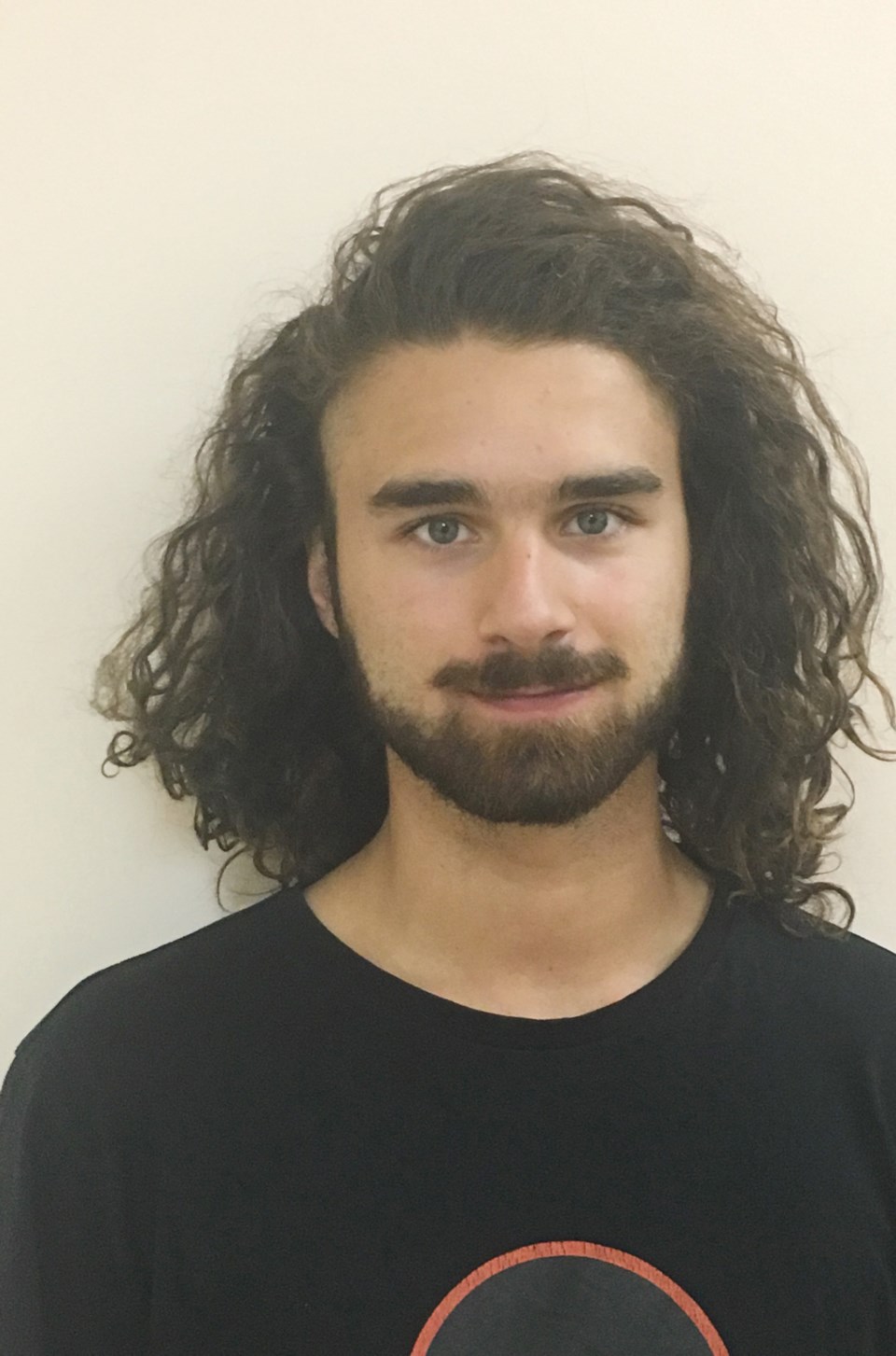Growing up as a white, middle-class male with environmentalists for parents, I was consistently barraged with ideas of the wilderness as a place uninhabited by humans – a place where people could retreat for short periods of time and, in doing so, reconnect with their inner-selves and maybe participate in extreme sports.
The time has come for us all to rethink how we talk, think and interact with the wilderness around us. The stakes couldn’t be higher. When we consider wilderness as distinctively separate from humanity, First Nations history, as well as the colonial violence which defines Canada, is actively erased. The wilderness and human dichotomy is strictly political, and serves as a historical magic eraser.
The dominant idea of wilderness as an uninhabited landscape was born out of the environmental movement’s early days. During this time, environmentalists like John Muir were working to establish the Sierra Club and protect what is now Yosemite National Park. For Muir, Yosemite’s natural untouched beauty had to be protected from people. However, Muir did not realize that since time immemorial the Ahwahnee people had lived in Yosemite Valley and cultivated the landscape.
So the untouched landscape that Muir overlooked and tried to protect had, in fact, been inhabited for hundreds of years. Ironically, the ‘wilderness’ of Yosemite was born only after the government acted on Muir’s petition to ‘protect’ the area and deployed its military force to kill and drive the Ahwahnee people from their homes.
There are many similarities between the U.S.’s violent history and Canada’s. Both countries’ process of settler colonization has been called genocidal by scholars and activists alike. All over British Columbia, First Nation groups have been driven off their traditionally inhabited lands to create wilderness spaces.
Robert Jango, an Indigenous reporter who has extensively explored this topic, has called Canada’s national parks a collection of “colonial crime scenes.” The celebration of these parks and the stories of wilderness, which currently define them, actively erase First Nations history and Canada’s violent colonial past. This is something we as Canadians must be particularity cautious of, considering the current political climate around reconciliation. I think that reconciliation cannot happen if we fail to recognize Canada’s violent history while simultaneously actively celebrating it through narratives of wilderness. On that note, I would like to acknowledge that while writing this article, I am living and working on the traditional, unceded and occupied territories of the Skwxwú7mesh (Squamish) Nation.



